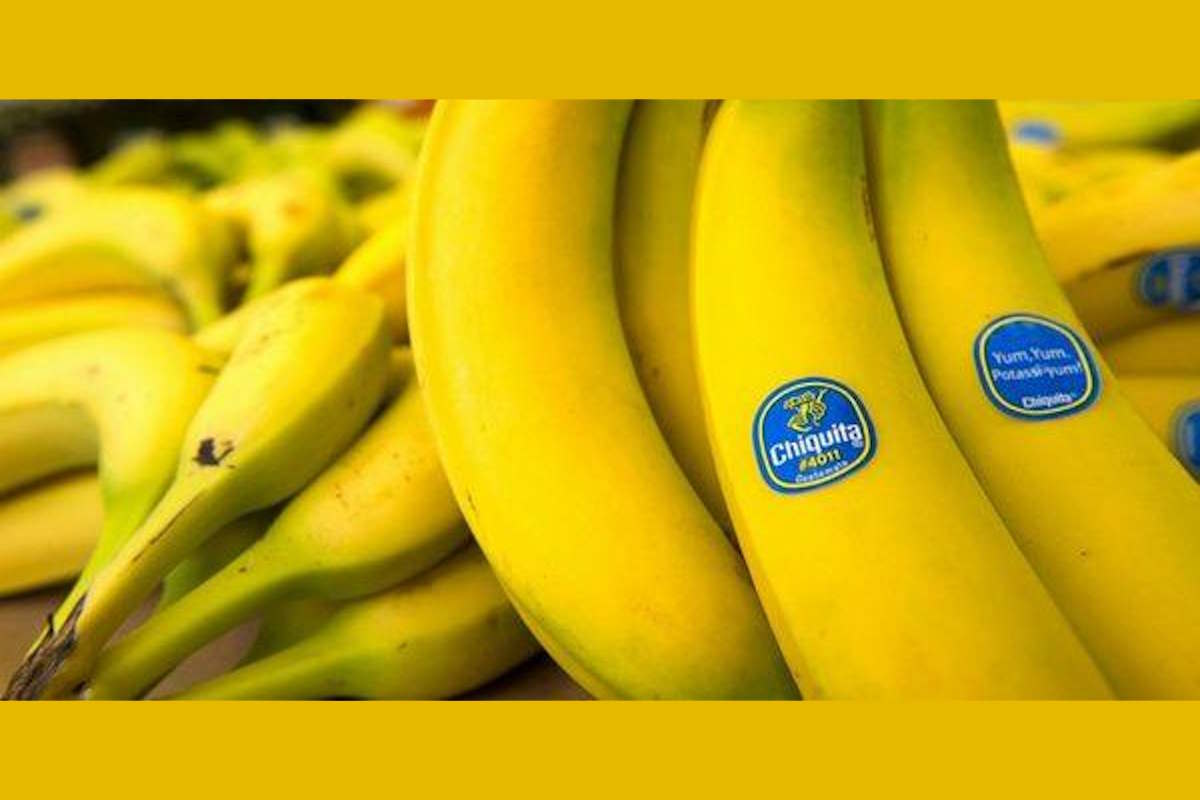Chiquita is accused of financing the AUC paramilitary group: this is not the first time it has been fined for paying such bribes.

A federal court in Florida has ordered Chiquita Brands International, the world’s largest banana producer, to pay $38.3 million in compensation to the families of eight Colombian men killed by the United Self-Defense Forces of Colombia (AUC) between 1997 and 2004.
This paramilitary group, financed by Chiquita, was responsible for numerous human rights violations, including torture, kidnappings, forced disappearances, and murders. The court’s decision is part of a longstanding issue where Chiquita has faced accusations of paying bribes to Colombian paramilitary groups.
Back in 2007, Chiquita settled similar charges by agreeing to pay a $25 million fine. In this specific case, the court found that Chiquita had paid bribes to the AUC, which the United States designated as a terrorist organization in 2001. Although the group ceased its military activities in 2006 and agreed to compensate victims, Chiquita’s past actions continue to haunt the company.
AUC’s atrocities
Chiquita has consistently claimed that it paid the bribes to protect its employees from AUC’s threats of retaliation, portraying itself as a victim of extortion. However, the plaintiffs argued that the company should still be held partially accountable for the violence perpetrated by the paramilitary group, which was funded by the $2 million paid by Chiquita.
The Florida court accepted this argument, ordering the company to compensate the victims’ families with $38.3 million (approximately €36 million). This ruling further damages Chiquita’s reputation, as the company remains entangled in legal controversies related to its dealings with paramilitary groups in Colombia.
Corporate responsibility
The AUC, which claimed to be a self-defense group, was responsible for some of the worst atrocities of the Colombian conflict, and their designation as a terrorist organization underscores the severity of their actions.
This case highlights the importance of corporate responsibility in conflict zones. While Chiquita attempted to justify its payments as a protective measure, the court clarified that funding violent groups cannot simply be considered a case of extortion but rather complicity in the committed atrocities.
